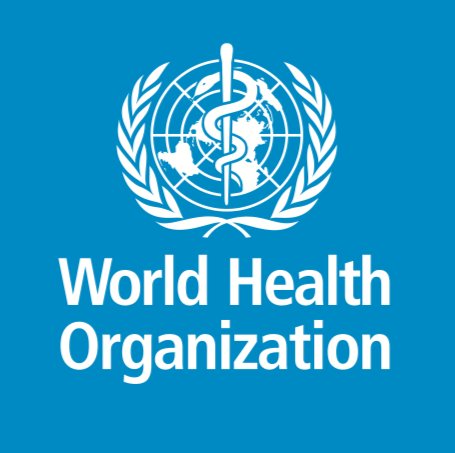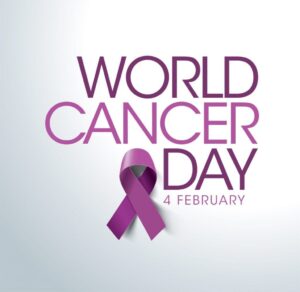
Spurred by the devastating impact of the COVID-19 pandemic on fragile health systems, African health ministers have adopted a new eight-year strategy to transform health security and emergency response in the region.
The Regional Strategy for Health Security and Emergencies 2022–2030, which was endorsed during the seventy-second session of the World Health Organization (WHO) regional committee for Africa in Lomé, will require at least US$ 4 billion (N2.8 trillion) yearly to reduce the health and socioeconomic impacts of public health emergencies.
The US$ 4 billion is needed annually from international and domestic sources to fully fund core health security capacities in the region and better prepare for the next pandemic. This works out to around US$ 3 per person a year.
By adopting the strategy, member states agreed to reach 12 targets by 2030 which will strengthen their capacity to prevent, prepare for, detect and respond to health emergencies, including 80% of member states having predictable and sustainable health security financing.
WHO regional director for Africa, Dr Matshidiso Moeti stated “COVID-19 is a wake-up call for the African region to prioritize building resilient health systems capable of providing quality healthcare while coping with public health emergencies.
“There is a growing recognition of the mounting threat public health emergencies pose to global economies and societies, underlining the need for a one-health approach and investing in prevention and preparedness. By investing now, we can prevent an economic and social meltdown in the future.”
The new strategy will also include strengthening mechanisms for partnerships and multisectoral collaboration, ensuring sustained and predictable investment and repurposing resources from polio eradication and COVID-19 to support strategic investments in systems and tools for public health emergencies.
Globally, the African region reports the heaviest burden of public health emergencies, with more than 100 such events occurring annually. Prior to the emergence of COVID-19, the top causes of epidemics in the region were cholera, measles, yellow fever, meningococcal meningitis, influenza and viral haemorrhagic fevers, most of which are preventable by strengthening routine immunization.








